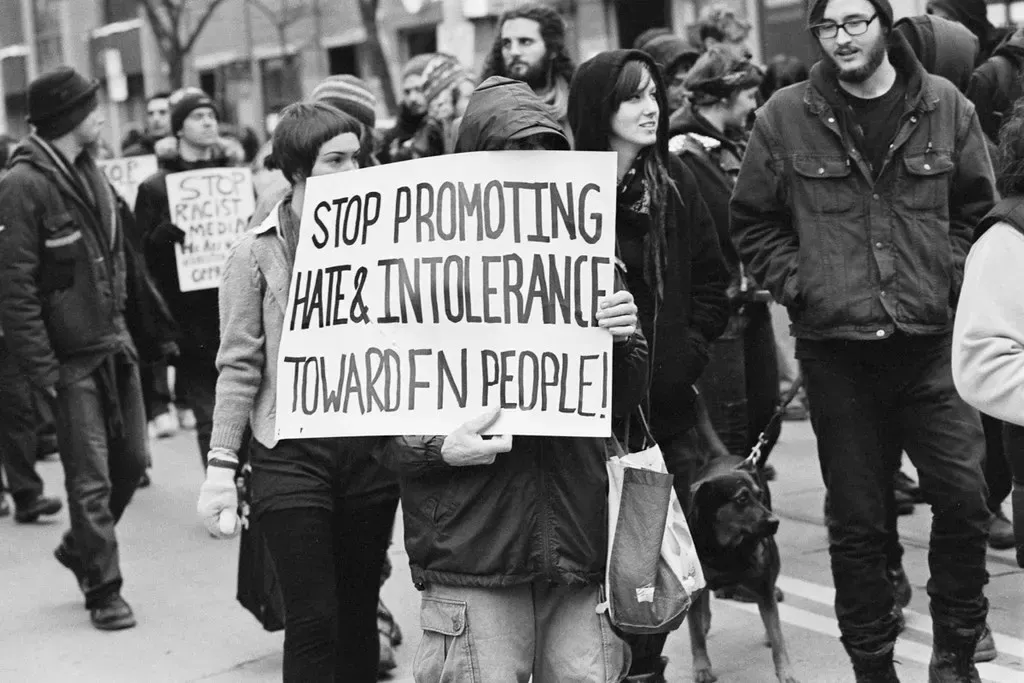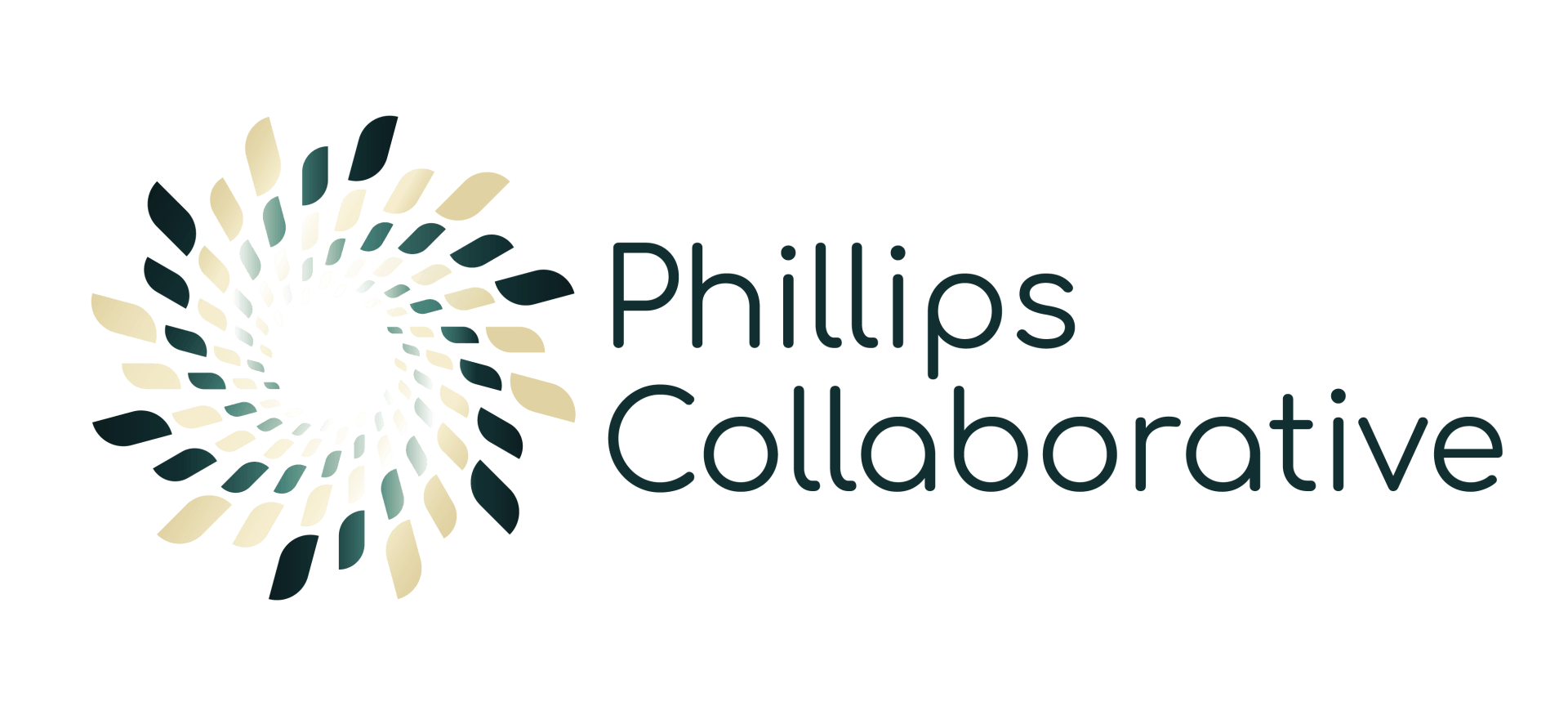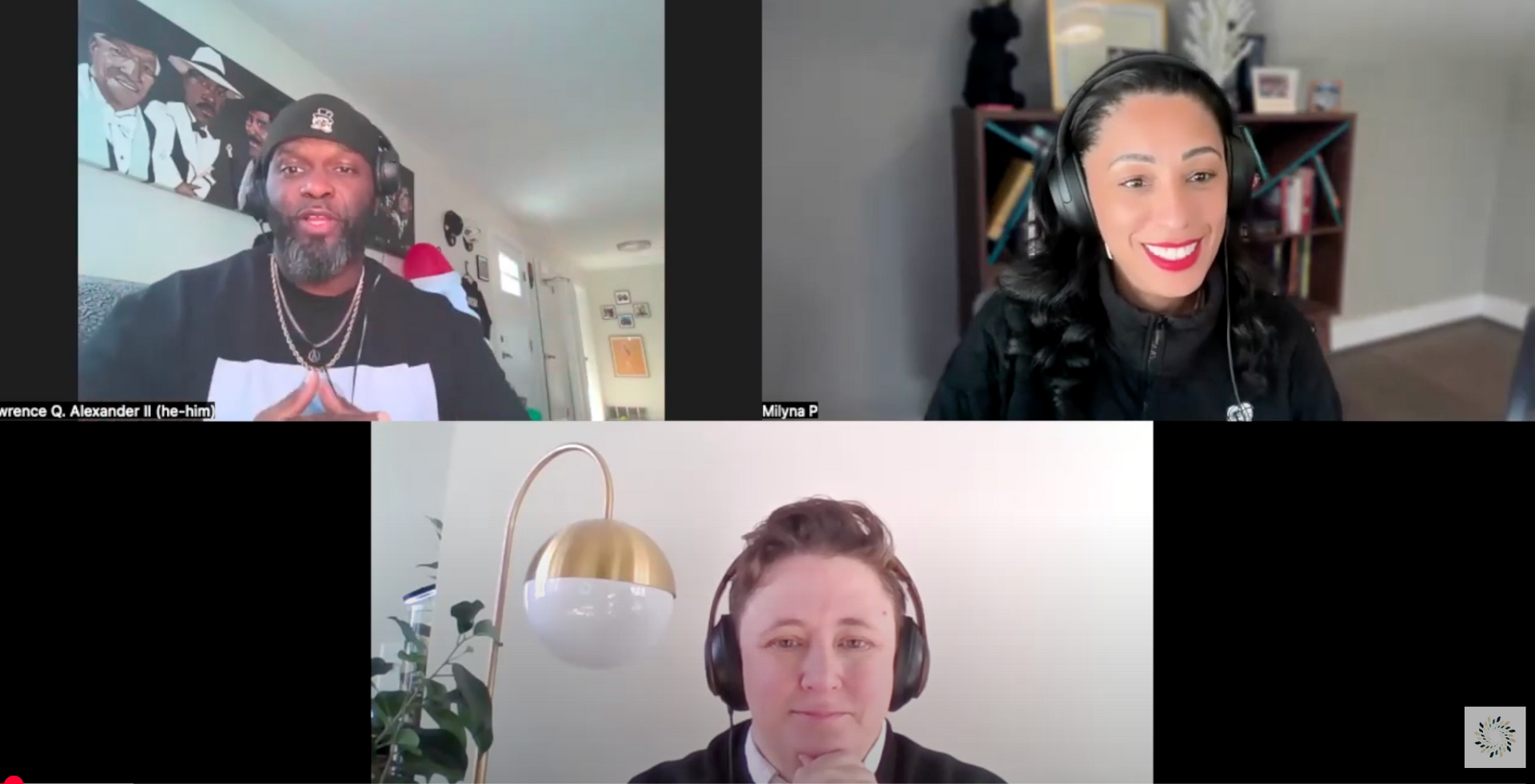It’s Demo Day!: Dismantling a Broken System and Rebuilding in the Wake of the Affirmative Action Decision

My Beloved BIPOC Leaders,
First of all, we have nothing to prove. Second of all, let’s normalize not caring about how people think we landed the gig, brought a folding chair to the table or gained admission to the elite institution. We know, our families and ancestors know what it took to get here. Let’s divorce wanting acceptance to the “thing” from needing to prove that we are worthy or that we belong.
Let’s address the elephant in the room: for clickbait by way of sensational headlines the media and conservative right weaponized affirmative action to place Asians as a wedge against Black and brown communities by playing up the model minority myth. This tired tactic contributes to anti-Asian racism because of how it portrays Asians as a monolith.
Institutions, corporations, schools and people must evolve from the fundamental thinking that white people are entitled to all good things as a baseline or birthright- admission to an elite school, a promotion, space, luxury. When we, BIPOC folks and more specifically Black people, are accepted, promoted or hired the assumption is that we have stolen a space or spot from someone else, someone white. This belief is profoundly indoctrinated with anti Blackness and white supremacy, additionally, the data doesn’t support this propaganda.
Let’s do some math:
- Harvard’s acceptance rate is usually between 3–4%
- For the class of 2027 Harvard received 9553 early action applications
- Harvard accepted 726 students on early action
- Harvard reserved 242 early action admissions for children of donors/employees/alumni (legacy admissions)
- 70% of the 242 legacy admissions are white
- 75% of those students would not have gained admission without their privileged status
- With 484 non-legacy spots remaining, 200 spots are awarded to non-legacy white students
- The remaining 284 are comprised of 169 Asian, 50 Latine/a/o, and 65 Black students
The math ain’t mathing! It’s demo day, throw it all away to make room for the dismantling of a system that never worked well. Together Phillips Collaborative and our clients will have the opportunity to reenvision and rebuild systems and policies that yield more success, access and equity for those that always face the most barriers in admissions and hiring. Won’t you join us?
In Collaboration,
Milyna
The Slice is NOT the Pie — College Admissions in the Aftermath of Affirmative Action
The Supreme Court has rendered its opinion regarding race-conscious admissions, but opportunity in front of college admissions is still on trial. How will diversity, equity, and inclusion in college admissions fair now (without AA); the real question for consideration is how did we fair before (with AA)?
The enrollment data as it relates to race and ethnicity tells the story. For decades, students from underrepresented communities, namely African-American, Latine/a/o students fall behind their white and Asian peers with regard to college admission and matriculation. While affirmative action in policy, practice, and program has gone a long way to affect access and equity for students from underrepresented communities, it is far from perfect. Moreover, admission is not synonymous with belonging. An offer of admission and a financial aid award seldom covers the cultural cost of attendance for underrepresented students and their families. From my deep work with higher education admissions teams I have worked to point our energies beyond how we admit students, to focus on the systems that impact how we market and recruit, create, develop, and assess our on-campus programs, and ultimately, how we work to un-couple recruiting students of color from the ill-gotten notion that all students and families of color need financial aid to attend college.
Institutions like Sarah Lawrence College have taken bold steps towards communicating their commitment to community and inclusion through the creation of their newest essay prompt. We are certain that many peer institutions will follow their lead. The proverbial needle of file review “slice” of the admissions pie will be moved, but the focus on the greater pie will be increasingly important. I had the pleasure of working with the University of Pennsylvania on this type of work last year and have contracted with Skidmore College for the 2023–2024 admissions cycle to focus on the structural opportunities in front of us.
My advice: focus on the pie, not the slices. Affirmative Action is impacting college admissions today but we should be wary as it will impact inclusive hiring efforts tomorrow.
Yours in the Work,
Lawrence Q. Alexander II
Hot Take: It’s Called Anti-Blackness
As a system, white supremacy maintains its power by creating division among other races and presenting proximity to whiteness as a false equivalence to equality. There exists a constructed hierarchy of human value because of the color of skin. At its core, the battle for equality through affirmative action has been continuously thwarted not by different groups’ desire for opportunity but rather by anti-Blackness — the systemic policies and practices that limit the full humanity and participation of Black people in pursuit of what is seen as being deserved by others. It is trying to distance the self from Blackness in order to be seen as worthy of what is perceived as belonging to whiteness. White folks, our inheritance is not a seat at the table. Our inheritance is one of oppression and systems that blatantly serve us by excluding and oppressing human lives. Systems that we fight to uphold and maintain. Even when they don’t work like we think they do. It is yet another example of why we don’t deserve the seats at the tables and that we need to learn that folding chairs hold more power than assumed superiority.
Consistent Take: The Power of Intentionality in Education
In my work in schools, this lack of understanding of policy, systems, and historical context is what makes the conversation so difficult. Prepare young people to understand the world that has been racially constructed for them in order that they better understand their positionality and responsibility to others, not just self. Most importantly, do not shy away from the conversation. Avoidance has not protected us but rather allowed inequality to persist and minimize the humanity of ourselves and others in both policy and practice.
In admissions, hold the mirror up to yourselves. Seek the support from professionals who better understand the implications larger than any school. What is the narrative that you have created? Who does that serve?
And, if there is no policy to hold you accountable, what will you do? Because those are not applications that you are reading. They are lives. How will you be an agent to affirm the action (not just belief) that all people should have equal opportunity for access to an education — even in the face of a system, nation, and culture that has yet to rectify or create justice for a long history of discrimination.
What is that action that you, our educational gatekeepers and constructors of destiny, will seek to affirm?
And how can we, at Phillips Collaborative, partner with you in that journey towards change and accountability?
Yours in Accountability,
Jini Rae Sparkman





